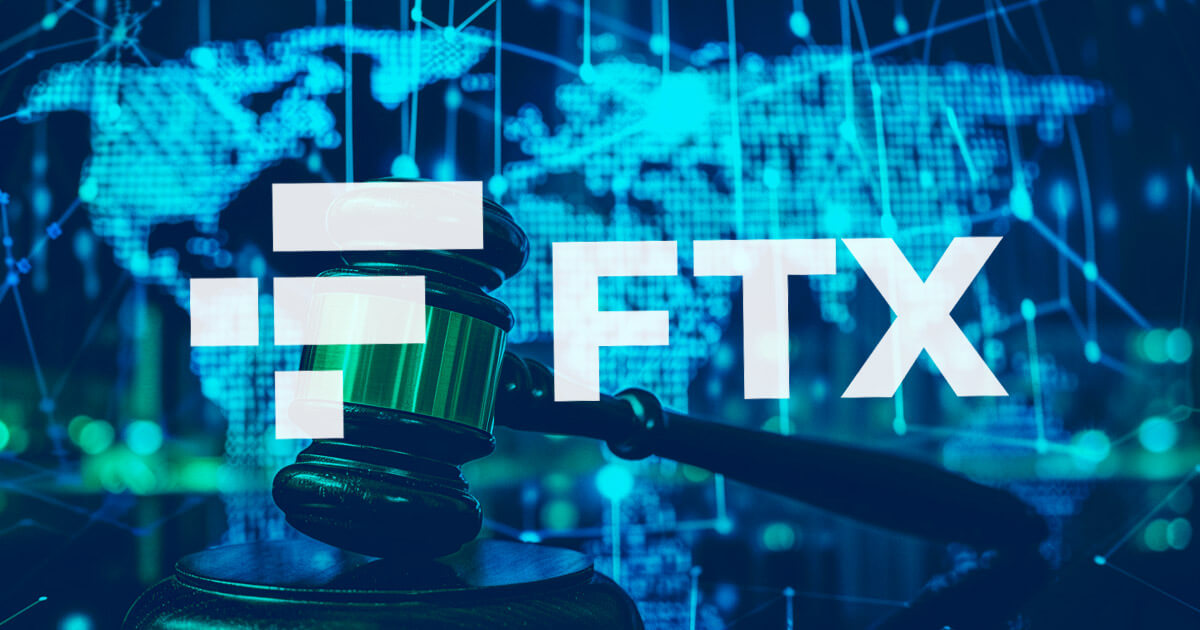TX Estate, a prominent entity in the cryptocurrency space, has filed a lawsuit against Binance and its CEO, Changpeng Zhao (CZ), seeking $1.8 billion in damages. The lawsuit alleges that Binance engaged in fraudulent activities that led to significant financial losses for the estate. According to court documents, TX Estate claims that the exchange misrepresented key aspects of its services, including the safety of user funds and the legality of its operations. The lawsuit also accuses Binance of manipulating markets and failing to adhere to regulatory standards, which ultimately resulted in the estate’s substantial losses.
The dispute centers around a series of transactions that TX Estate claims were conducted under misleading terms and without proper disclosure. The estate argues that Binance, under CZ’s leadership, failed to deliver on promises related to security measures and financial transparency, leaving investors vulnerable to market fluctuations and security breaches. TX Estate is demanding compensation for damages, along with additional punitive damages, citing the serious nature of the alleged misconduct.
Binance, which is one of the world’s largest cryptocurrency exchanges, has not yet publicly responded to the lawsuit. However, the exchange has faced increasing legal scrutiny in recent months as regulators around the world ramp up their efforts to enforce stricter regulations on crypto platforms. This lawsuit adds to the growing list of legal challenges facing Binance, which has been accused of operating without sufficient regulatory oversight in several jurisdictions. The case could further complicate Binance’s relationship with regulators, especially in the U.S., where the company has already been under investigation.
The outcome of this legal battle could have significant implications for the cryptocurrency industry, particularly for centralized exchanges like Binance. If TX Estate’s claims are upheld, it could set a precedent for how exchanges are held accountable for their actions in the market. As the crypto sector continues to mature, the case highlights the increasing need for transparency, regulatory compliance, and consumer protection within the rapidly evolving digital asset landscape.

 Business3 days ago
Business3 days ago
 Business3 days ago
Business3 days ago
 Business1 week ago
Business1 week ago
 Business1 week ago
Business1 week ago
 Business7 days ago
Business7 days ago
 Business1 week ago
Business1 week ago
 Business6 days ago
Business6 days ago
 Business1 week ago
Business1 week ago
























